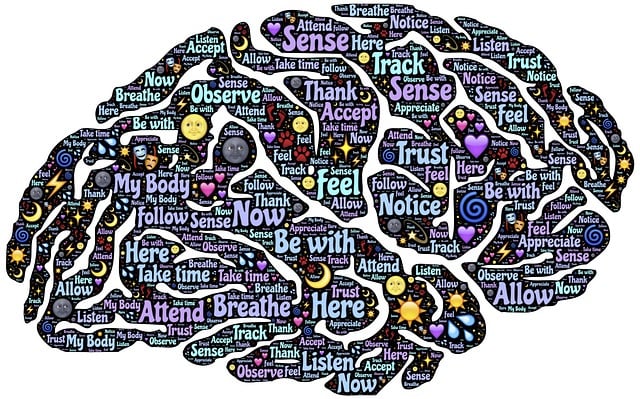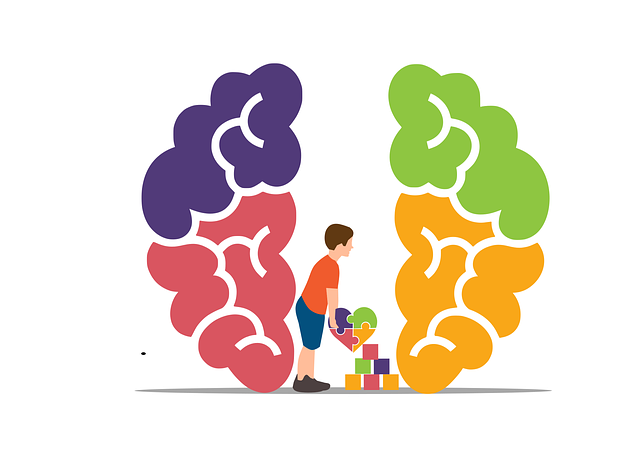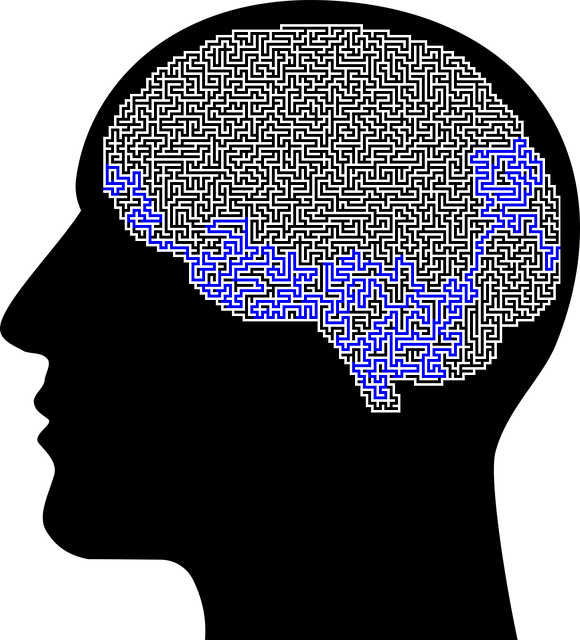Implementing effective Boulder Post-Traumatic Stress Disorder (PTSD) therapy requires understanding local mental health needs through collaborative assessment with community leaders. Targeted programs for vulnerable groups like veterans and the homeless ensure tailored support. Outreach initiatives, employing compassion cultivation and cultural sensitivity, engage at-risk communities. Strategic partnerships and risk management enhance accessibility, while burnout prevention strategies ensure sustainability. Robust evaluation measures success, demonstrating improved well-being and securing resources for ongoing Boulder PTSD therapy services.
Community outreach programs play a vital role in addressing mental health issues like post-traumatic stress disorder (PTSD). This article explores the comprehensive process of implementing effective Boulder PTSD therapy programs, from understanding local needs and identifying target populations to designing engaging strategies and reaching hard-to-access individuals. We delve into measuring success, emphasizing the impact on Boulder’s at-risk communities through tailored therapy initiatives.
- Understanding Community Needs: Identifying Target Populations for Boulder PTSD Therapy Programs
- Designing Effective Outreach Strategies: Engaging at-risk Communities
- Implementing Therapy Services: Building Trust and Accessing Hard-to-Reach Individuals
- Measuring Success and Impact: Evaluating the Effectiveness of Boulder PTSD Outreach Initiatives
Understanding Community Needs: Identifying Target Populations for Boulder PTSD Therapy Programs

Understanding Community Needs is a vital step in implementing effective Boulder Post-Traumatic Stress Disorder (PTSD) Therapy programs. Identifying target populations requires a nuanced approach to ensure support reaches those who need it most. The first step involves assessing the local community’s mental health landscape, including existing resources and gaps in services. This process involves collaborating with local organizations, healthcare providers, and community leaders to gather insights on prevalent issues such as trauma, anxiety, or depression, which may indicate a higher need for specialized PTSD therapy.
Focusing on vulnerable groups, such as veterans, survivors of domestic violence, or individuals experiencing homelessness, is crucial. These populations often face unique challenges that contribute to the development and persistence of PTSD. By targeting these specific groups through tailored programs, including Social Skills Training and Emotional Healing Processes, Boulder PTSD Therapy initiatives can address underlying issues and promote Mental Health Awareness. This targeted approach ensures resources are allocated efficiently, fostering a more supportive and resilient community for all.
Designing Effective Outreach Strategies: Engaging at-risk Communities

Effective outreach strategies are crucial when aiming to engage at-risk communities and provide essential services like Boulder Post-Traumatic Stress Disorder Therapy. In these initiatives, it’s vital to understand the unique needs and challenges faced by such communities. By employing Compassion Cultivation Practices, which foster empathy and understanding, organizations can build trust and encourage participation. Tailoring programs to address specific issues like Mood Management and Burnout Prevention Strategies for Healthcare Providers can significantly enhance their impact.
For instance, designing workshops or support groups that incorporate cultural sensitivity and community-led initiatives ensures relevance and encourages long-term engagement. These strategies not only facilitate access to therapy but also empower individuals within at-risk communities, enabling them to take charge of their mental health journeys.
Implementing Therapy Services: Building Trust and Accessing Hard-to-Reach Individuals

Implementing therapy services as part of community outreach programs requires a strategic approach to build trust with underserved populations, especially those hard-to-reach individuals grappling with post-traumatic stress disorder (Boulder Post-Traumatic Stress Disorder Therapy). Cultural sensitivity and adaptability are key; tailoring services to meet specific needs fosters comfort and encourages engagement. Community partnerships and collaborative efforts with local organizations can significantly enhance accessibility, addressing barriers related to stigma, transportation, and confidentiality concerns.
Effective risk management planning for mental health professionals is essential alongside these initiatives (Risk Management Planning for Mental Health Professionals). Ensuring a safe and supportive environment, maintaining ethical practices, and integrating burnout prevention strategies (Burnout Prevention Strategies for Healthcare Providers) for both therapists and clients are integral to the long-term sustainability of such programs. By addressing these aspects, community outreach can successfully connect vulnerable individuals with much-needed therapy services, leading to improved mental health outcomes within the community.
Measuring Success and Impact: Evaluating the Effectiveness of Boulder PTSD Outreach Initiatives

Measuring success and impact is a vital step in evaluating the effectiveness of Boulder Post-Traumatic Stress Disorder (PTSD) outreach initiatives. These programs, designed to extend support to affected individuals, must demonstrate tangible results to ensure their sustainability and growth. By implementing robust evaluation frameworks, community organizations can assess the reach and depth of their interventions. This involves tracking key performance indicators such as participant numbers, engagement rates, and improvements in emotional well-being promotion techniques used, including empathy building strategies that foster emotional healing processes.
Regular data collection through surveys, interviews, and observation allows for a comprehensive understanding of participants’ experiences and the overall impact on their lives. Positive outcomes could range from increased access to Boulder PTSD therapy services to enhanced coping skills and improved social integration. Demonstrating such success is crucial in securing funding, building partnerships, and raising awareness about the importance of these initiatives in fostering a healthier and more resilient community.
Boulder’s community outreach programs for post-traumatic stress disorder (PTSD) therapy have the potential to significantly impact at-risk populations. By understanding specific community needs and employing strategic engagement tactics, initiatives can effectively reach hard-to-access individuals. Implementing these programs involves building trust and ensuring accessibility. Through measured success and ongoing evaluation, Boulder PTSD outreach initiatives can revolutionize mental health support, offering hope and healing to those who need it most.














